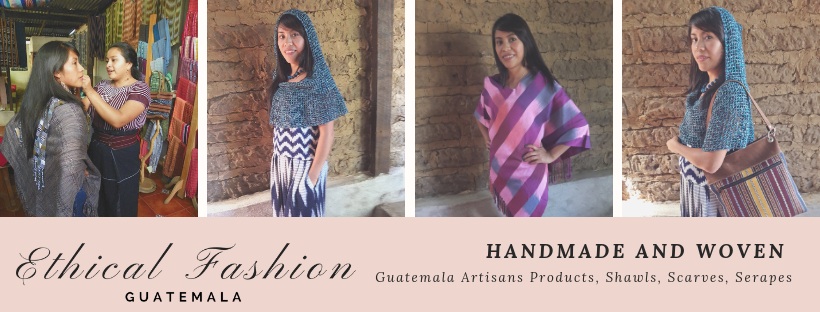
Ethical Fashion Made in Guatemala Scarves, Shawls.
Ethical fashion made in Guatemala refers to clothing and accessories produced in a socially and environmentally responsible manner within Guatemala. Ethical fashion aims to address issues such as fair wages, safe working conditions, sustainable sourcing of materials, and respect for the cultural heritage of the artisans involved. When considering ethical fashion in Guatemala, several aspects come into play:
- Fair Wages and Working Conditions: Ethical fashion brands ensure that the artisans and workers involved in the production process receive fair wages and work in safe and healthy conditions. This means paying employees a living wage that covers their basic needs and provides a decent standard of living.
- Traditional Artisan Techniques: Guatemala has a rich tradition of artisan craftsmanship, including weaving, embroidery, and other textile arts. Ethical fashion brands often collaborate with local artisans and indigenous communities, respecting their cultural heritage and preserving traditional techniques.
- Sustainable Materials: Ethical fashion emphasizes the use of sustainable and eco-friendly materials. This may include organic cotton, recycled fibers, and natural dyes, which have a lower impact on the environment compared to conventional materials.
- Transparent Supply Chain: Ethical fashion brands are transparent about their supply chain, providing information about the sourcing of materials and the production process. They aim to minimize the environmental and social impact of their operations.
- Empowerment of Women: Many ethical fashion initiatives in Guatemala focus on empowering women artisans and providing them with opportunities for economic independence and skill development.
- Social Impact: Ethical fashion often supports social projects and initiatives that benefit the local communities, such as education, healthcare, and infrastructure development.
- Collaboration and Fair Trade: Ethical fashion brands may engage in fair trade practices, promoting equitable trading relationships and supporting marginalized communities.
- Environmental Conservation: Some ethical fashion initiatives in Guatemala work towards environmental conservation and reducing the ecological footprint of the fashion industry.
When purchasing ethical fashion made in Guatemala, consumers can support sustainable practices, contribute to the livelihood of local artisans, and help preserve traditional craftsmanship. It’s essential to research and choose brands that align with one’s values and demonstrate a genuine commitment to ethical and sustainable practices. Certifications like Fair Trade and other ethical fashion labels can also provide assurance that the products meet certain standards of social and environmental responsibility.
- Display 20 Products per page


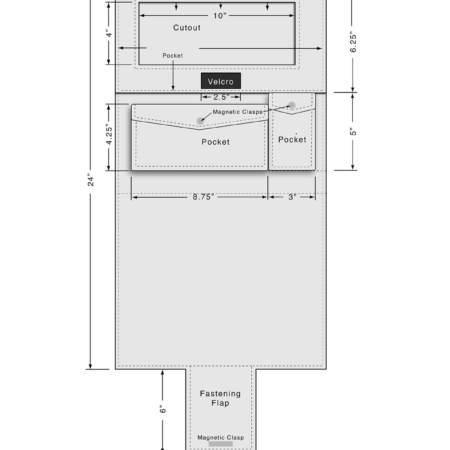 Ethical Fashion Guatemala
Ethical Fashion Guatemala
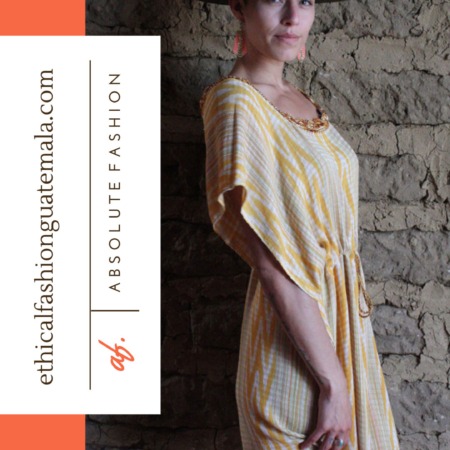 Ethical Fashion Guatemala
Ethical Fashion Guatemala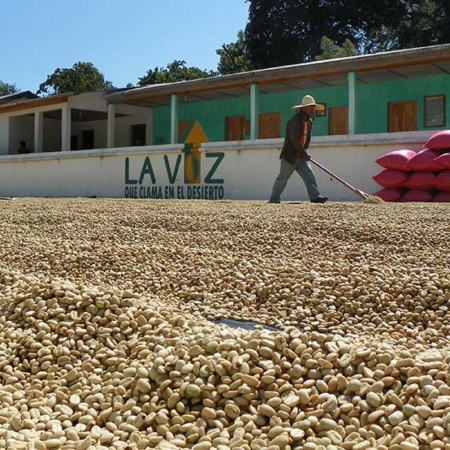
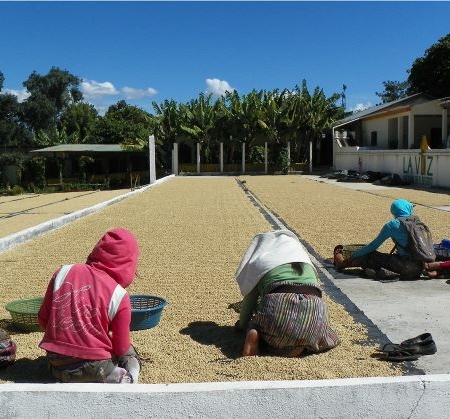 Ethical Fashion Guatemala
Ethical Fashion Guatemala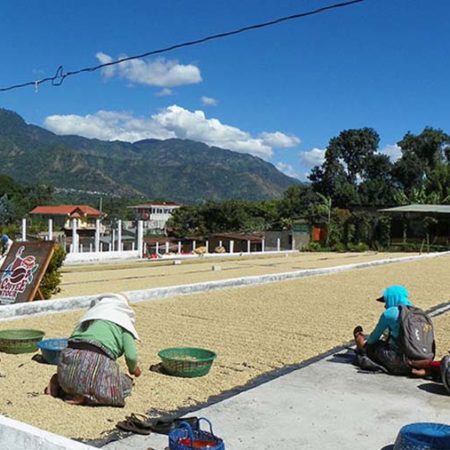
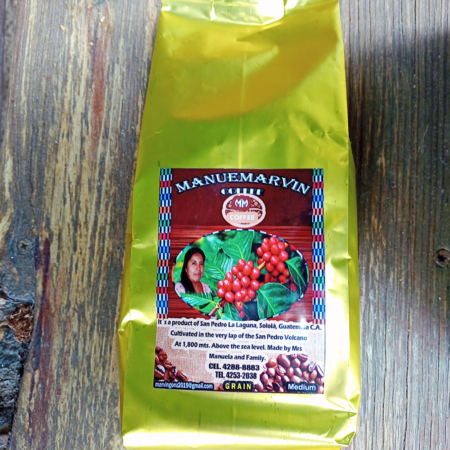 Ethical Fashion Guatemala
Ethical Fashion Guatemala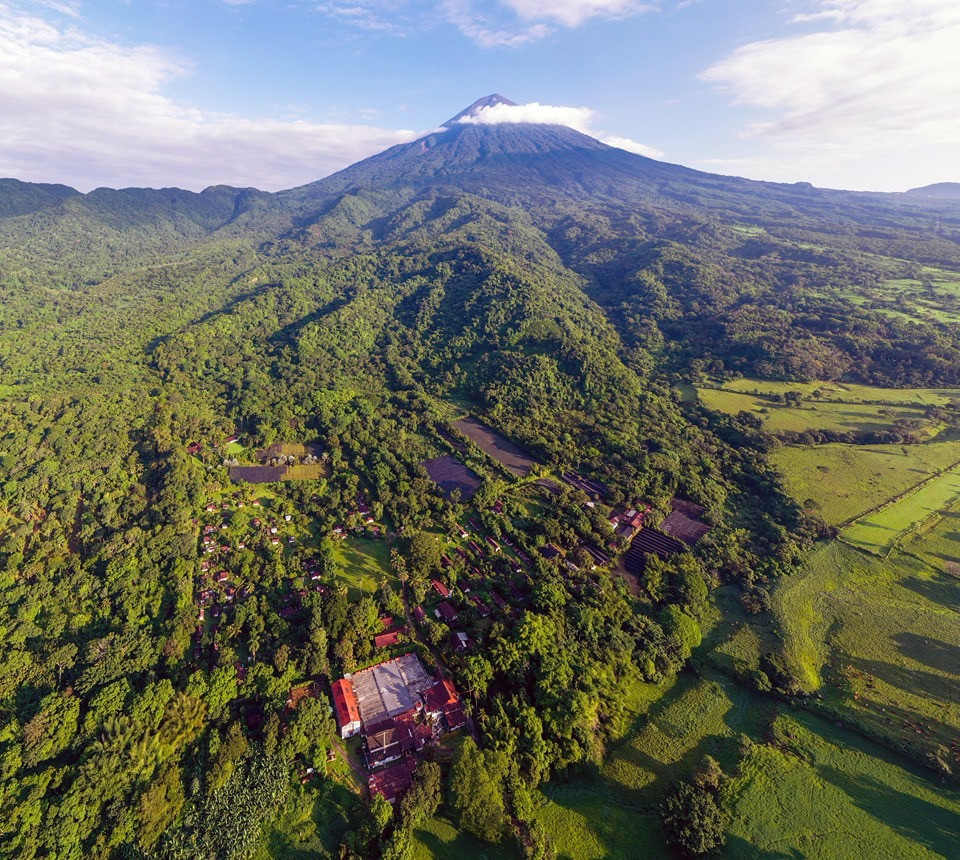
 Ethical Fashion Guatemala
Ethical Fashion Guatemala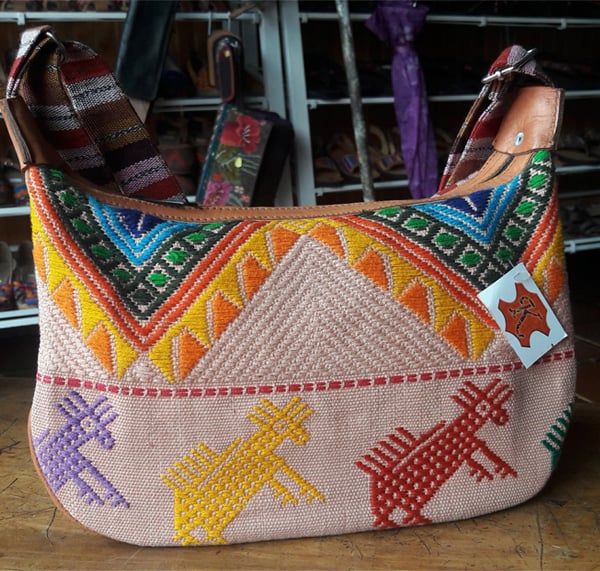 Ethical Fashion Guatemala
Ethical Fashion Guatemala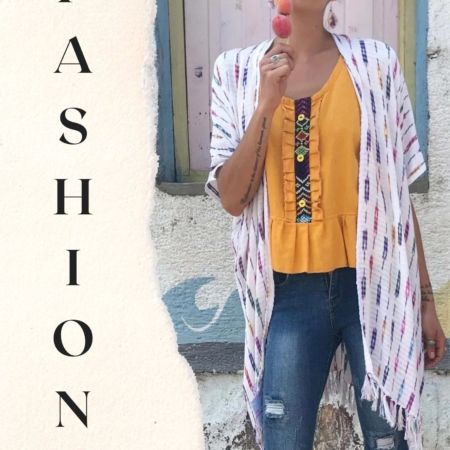 Ethical Fashion Guatemala
Ethical Fashion Guatemala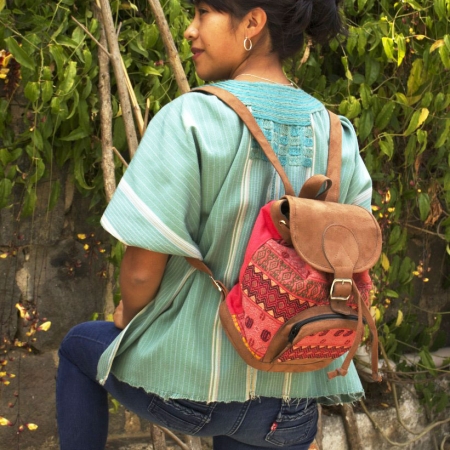 Ethical Fashion Guatemala
Ethical Fashion Guatemala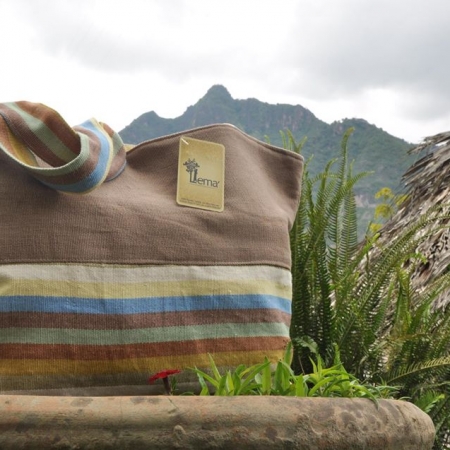 Ethical Fashion Guatemala
Ethical Fashion Guatemala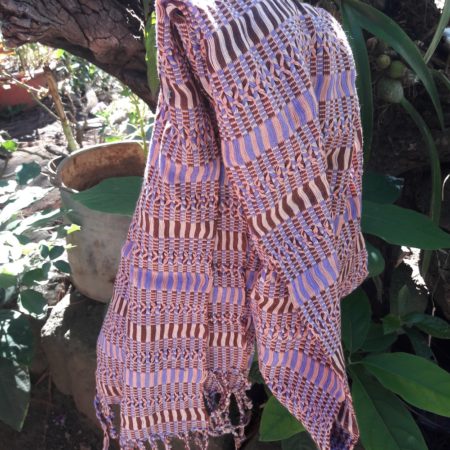 Ethical Fashion Guatemala
Ethical Fashion Guatemala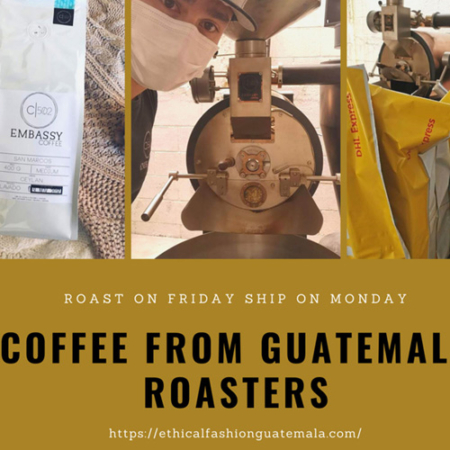 Ethical Fashion Guatemala
Ethical Fashion Guatemala Ethical Fashion Guatemala
Ethical Fashion Guatemala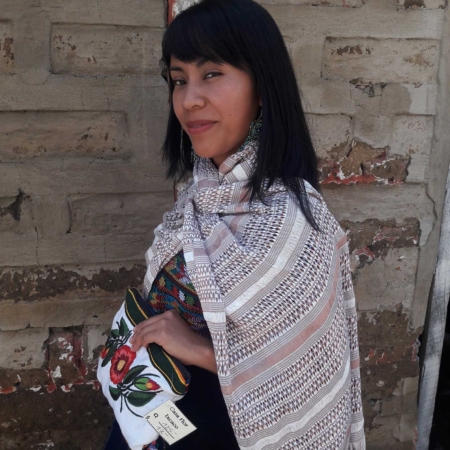 Ethical Fashion Guatemala
Ethical Fashion Guatemala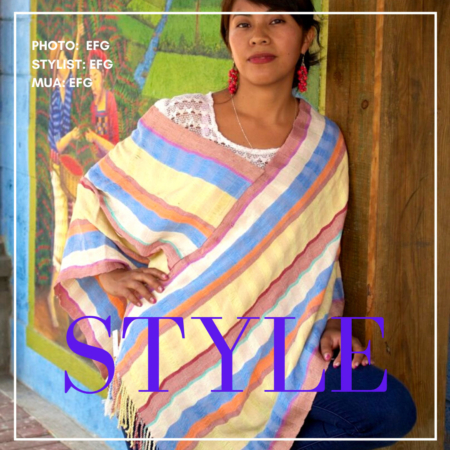 Ethical Fashion Guatemala
Ethical Fashion Guatemala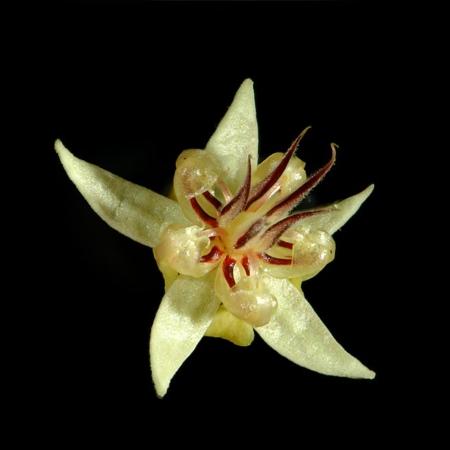
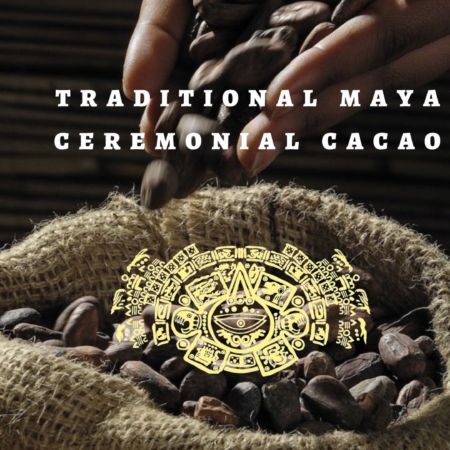 Ethical Fashion Guatemala
Ethical Fashion Guatemala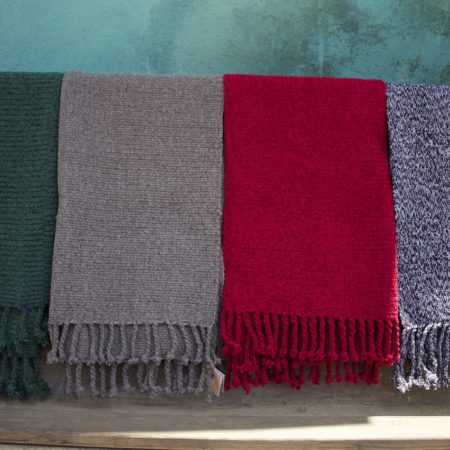
 Ethical Fashion Guatemala
Ethical Fashion Guatemala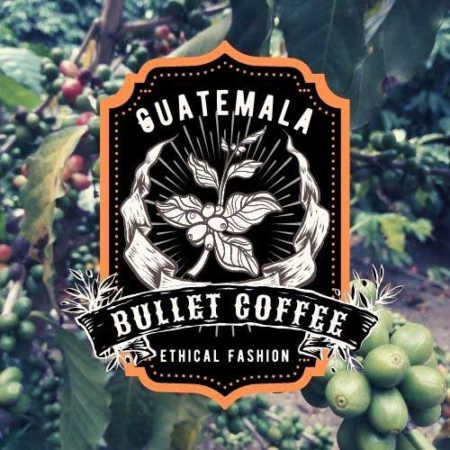 Ethical Fashion Guatemala
Ethical Fashion Guatemala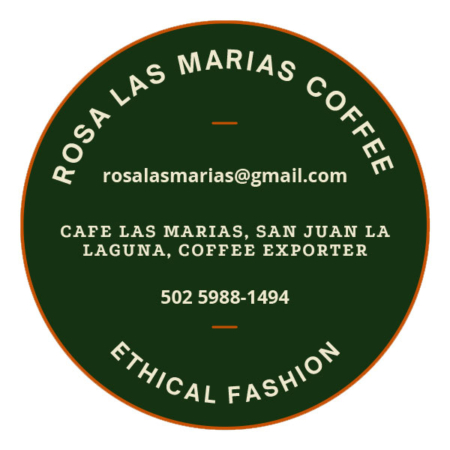
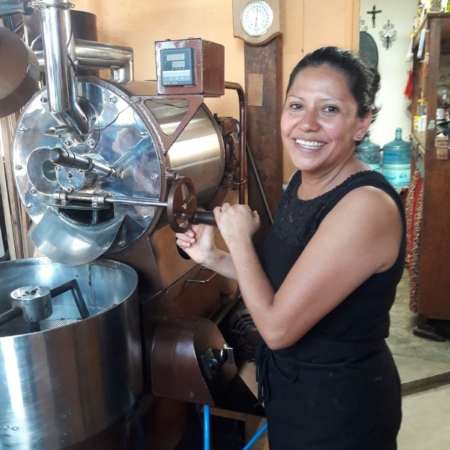 Ethical Fashion Guatemala
Ethical Fashion Guatemala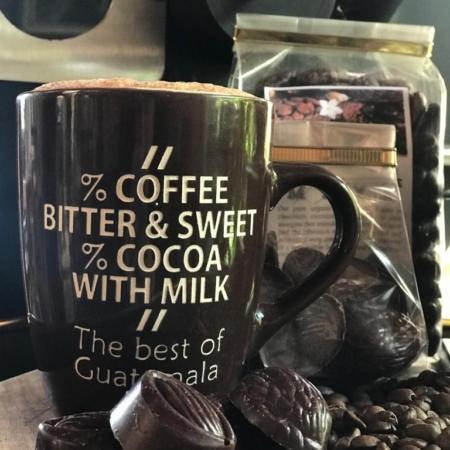 Ethical Fashion Guatemala
Ethical Fashion Guatemala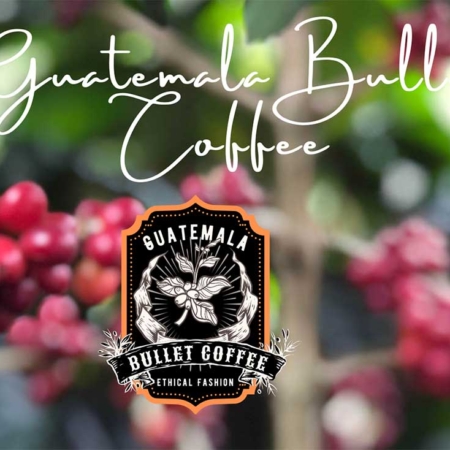 Ethical Fashion Guatemala
Ethical Fashion Guatemala